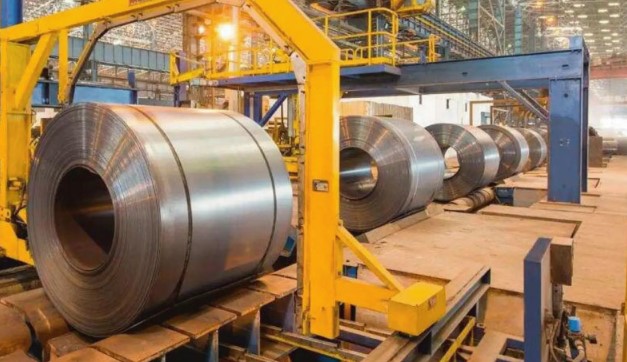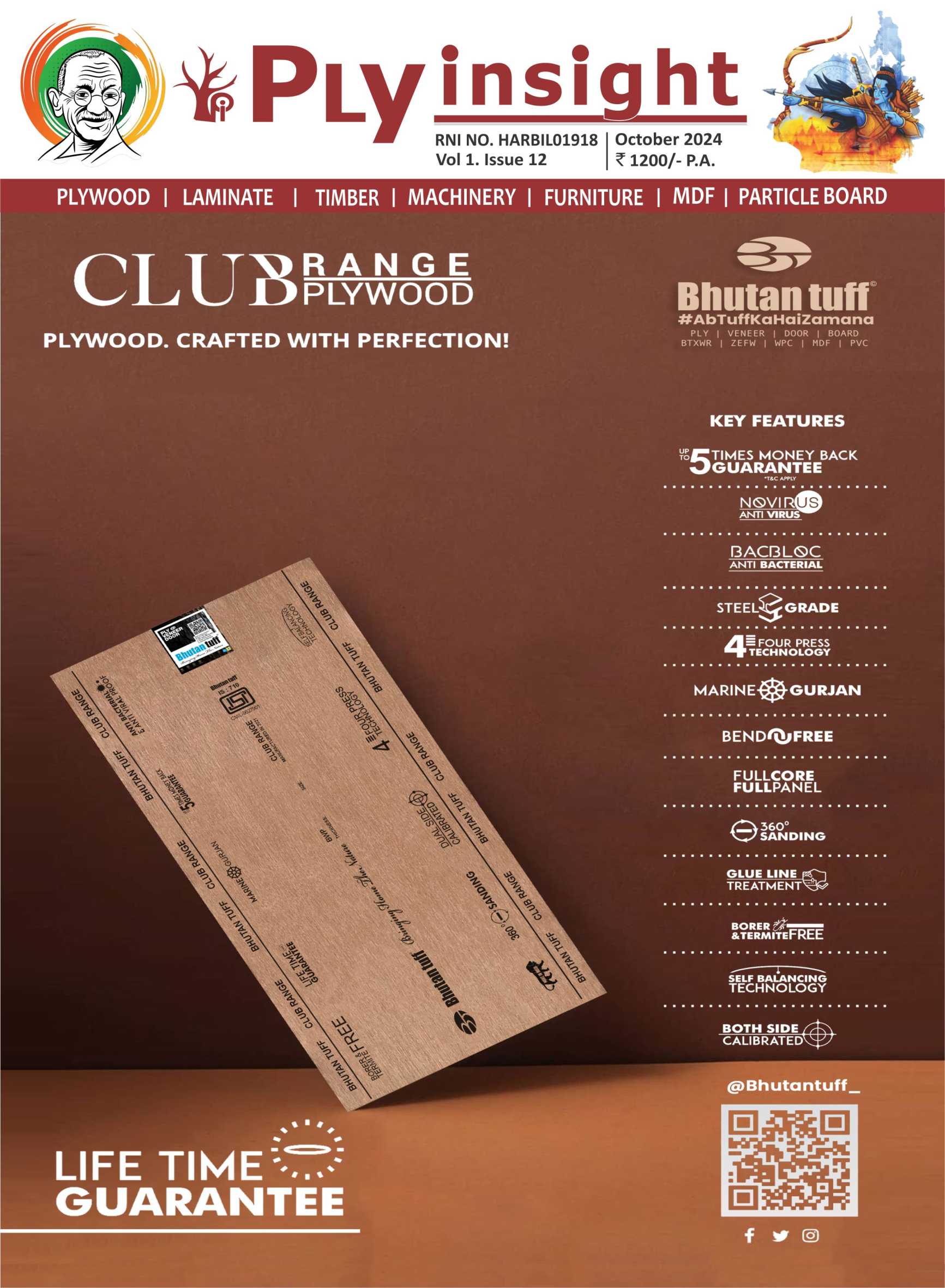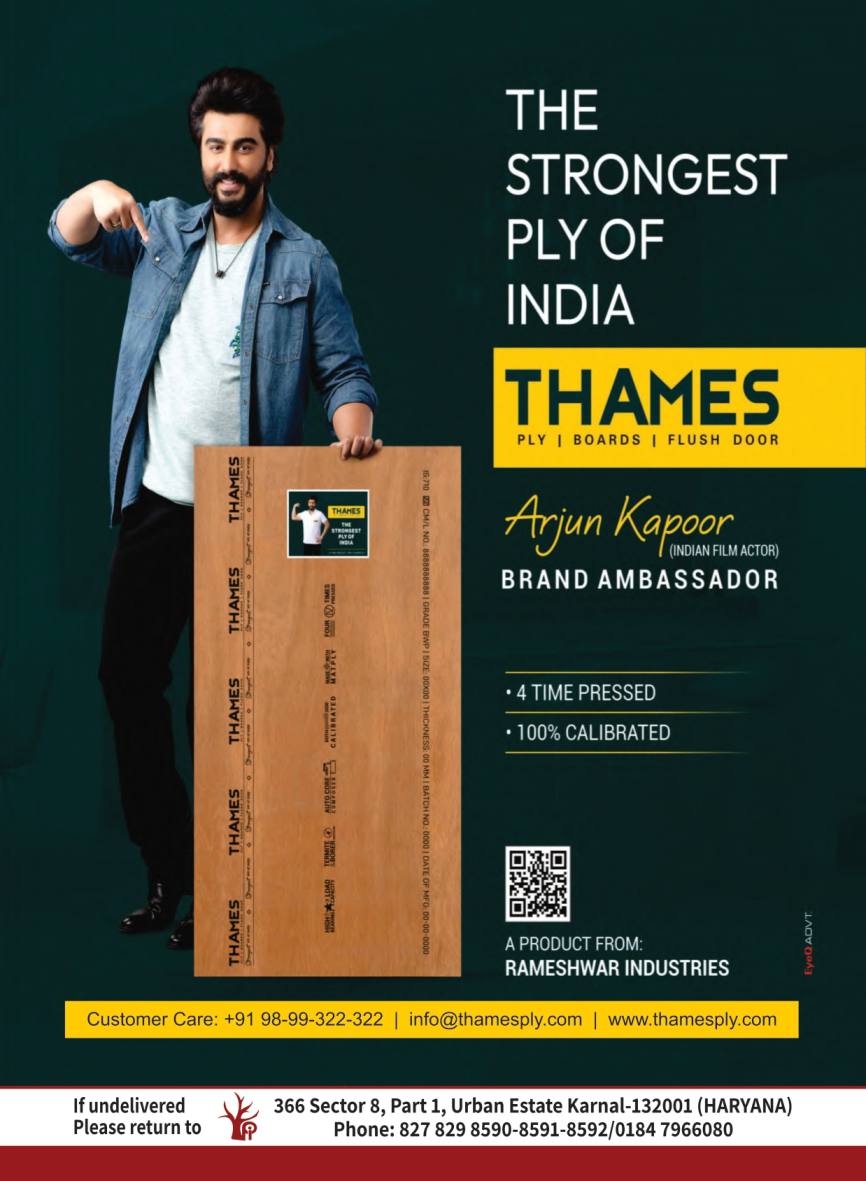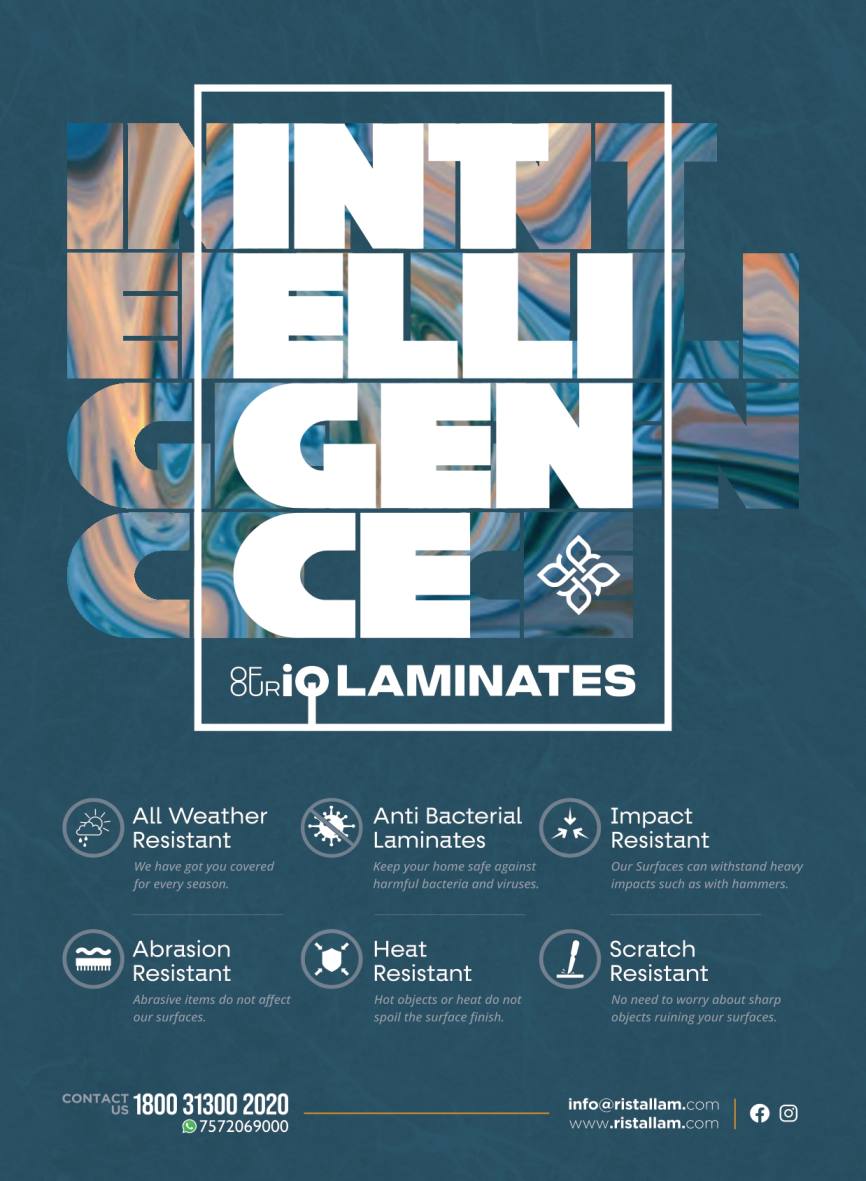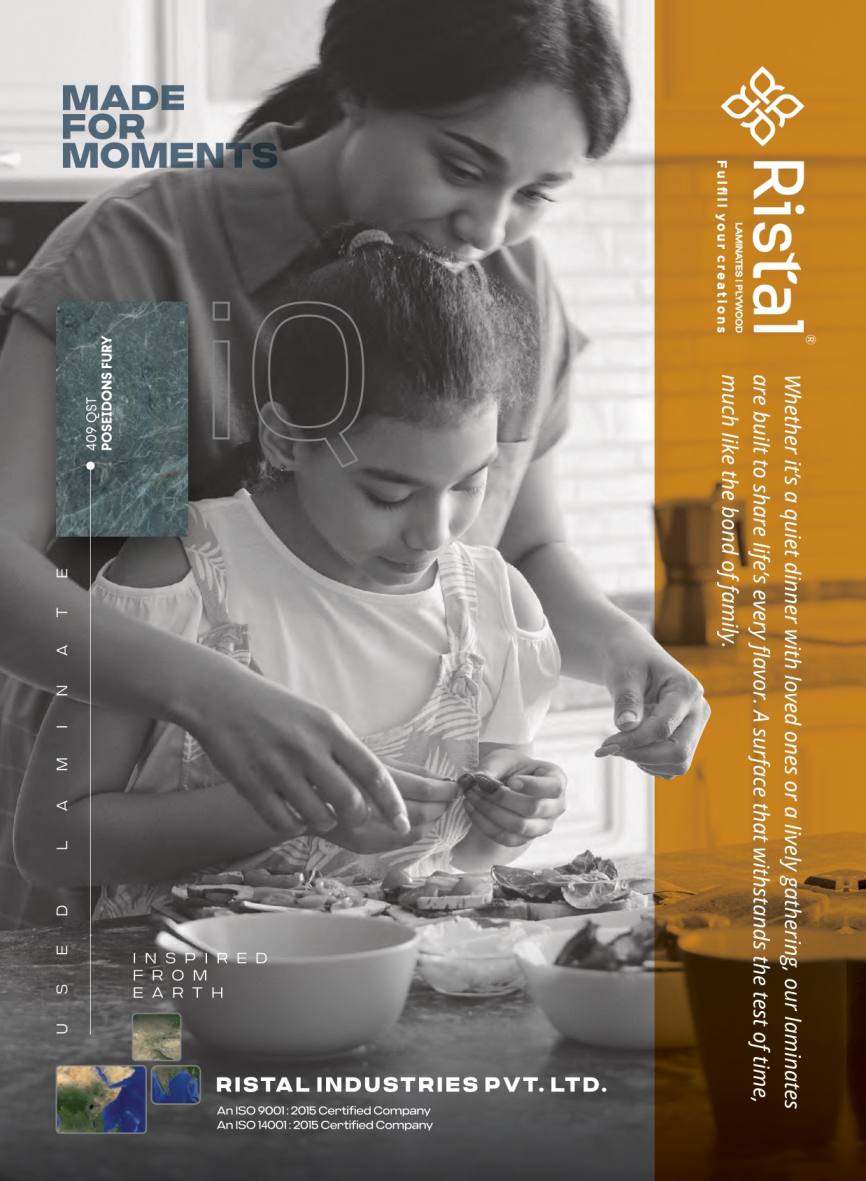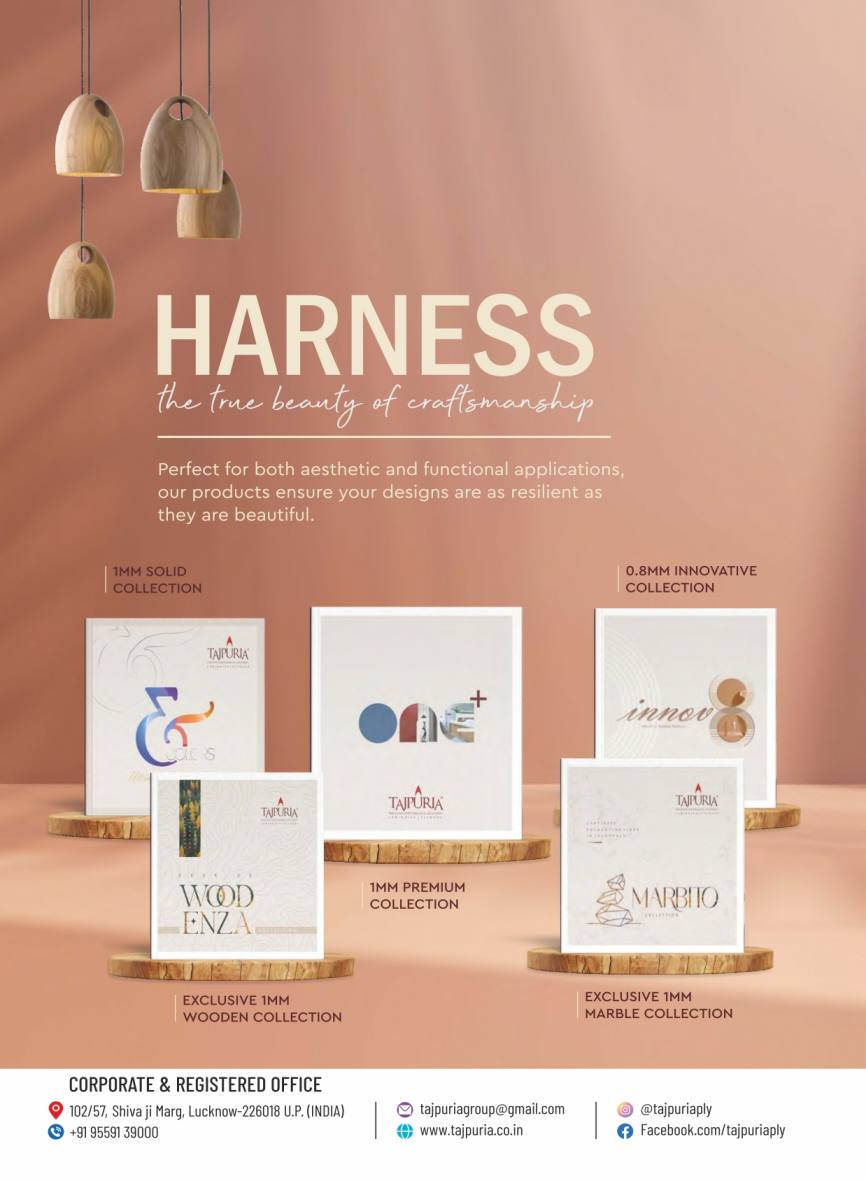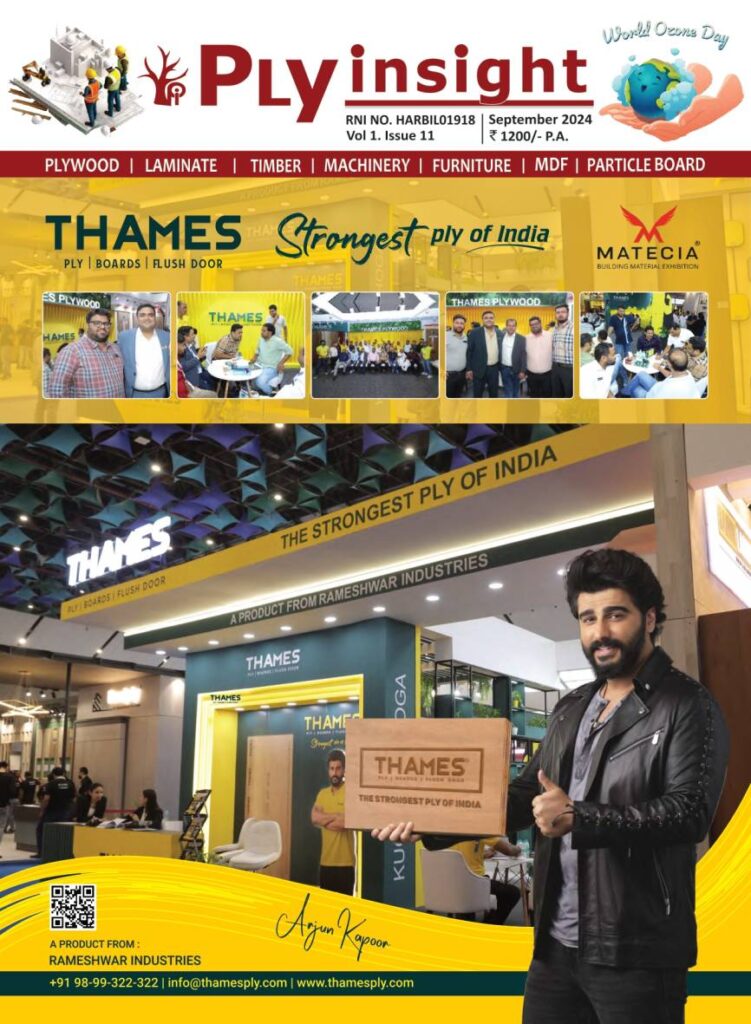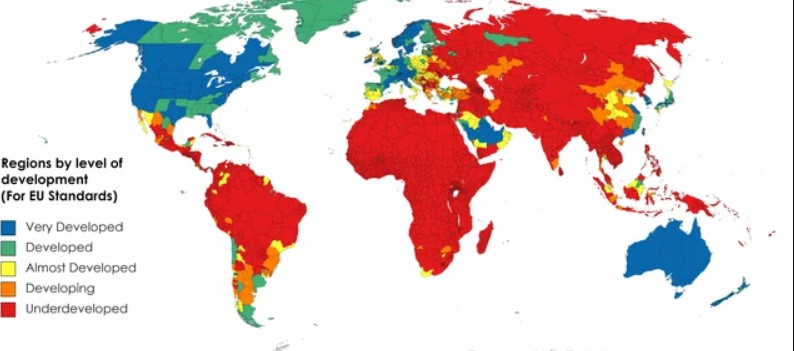
Bias approach (of Developed countries) over Developing Countries
- August 8, 2024
- 0
The 13th Ministerial Conference (MC13) in Abu Dhabi of the World Trade Organization (WTO) results indicates a shift in the focus of major economies, such as the United States, towards their national industrial strategies.
At MC13, WTO members debated issues related to e-commerce, services, agriculture, fisheries, investment, and dispute settlement for five days.
E-commerce: In 1998, WTO members agreed not to charge import duties on digital transmissions for two years to facilitate the growth of the emerging digital market. This agreement has been extended every two years since then. Developed countries prefer to keep digital transmissions duty-free to benefit their tech companies, such as Google, Amazon, Facebook, and Netflix. However, developing countries, including Indonesia, India, and South Africa, argue that as business shifts online, they lose traditional revenue and control over digital trade.
Services: Country-specific domestic regulations (DR) on services pose major obstacles to international trade in services. Developed countries have established comprehensive regulatory frameworks, such as the APEC-OECD.
The incorporation of service DRs into WTO law might represent a new method for adding new topics, known as joint statement initiatives (JSIs), into the WTO framework, Important JSIs being considered include e-commerce, investment facilitation, micro, small, and medium enter-prises (MSMEs), and gender and trade. However, many countries, including India, are against JSIs. India argues that this approach detracts from the WTO’s main goals by focusing on the interests of a few members.
Agriculture: India’s main concern during the discussion was to secure a permanent solution for its minimum support price (MSP) programme, particularly for crops like rice and wheat. According to the WTO Agreement on Agriculture (AoA), India’s MSP support surpasses the allowed 10 per cent subsidy limit. However, the AoA’s method for calculating this subsidy is criticised as outdated and flawed. For instance, even if India sets an MSP of `4 per kilo for rice, it exceeds the AoA’s limits despite the current market price being around `20 per kilo.
This is because the AoA’s subsidy calculations are based on prices from 1986-88, not current market prices, making it practically impossible for any MSP programme to comply with its rules.
The negotiating battle lines are clearly drawn. The United Nations Food and Agriculture Organization predicts cereal imports from developing countries could triple in the next 30 years.
India may work to shift most of its agricultural support towards the WTO-compatible production limiting programmes, Known as the Blue Box under the WTO, as China has done. We cannot expect rich countries to be sensitive towards the food security needs of one-sixth of humanity.
Fisheries: Similar to agriculture, the fisheries issue pits market access against livelihoods. The European Union (EU) wants to continue high subsidies for deep-sea fishing operations far off Africa’s coast while imposing strict conditions on subsidies for small-scale fishers. India also calls for wealthy countries to end subsidies for distant-water fishing and proposes that developing countries should have up to 25 to eliminate such subsidies.
Dispute settlement reforms: The dispute settlement system of the WTO, essential for enforcing rules and resolving trade disputes, has been significantly weakened. This is primarily the result of the US halting the appointment of new judges to the appellate body since 2017, arguing that the body is inefficient and overreaches its mandate. If the Inflation Reduction Act could potentially be contested at the WTO.
The WTO is a pale shadow of its former glory days.
👇 Please Note 👇
Thank you for reading our article!
If you don’t received industries updates, News & our daily articles
please Whatsapp your Wapp No. or V Card on 8278298592, your number will be added in our broadcasting list.



